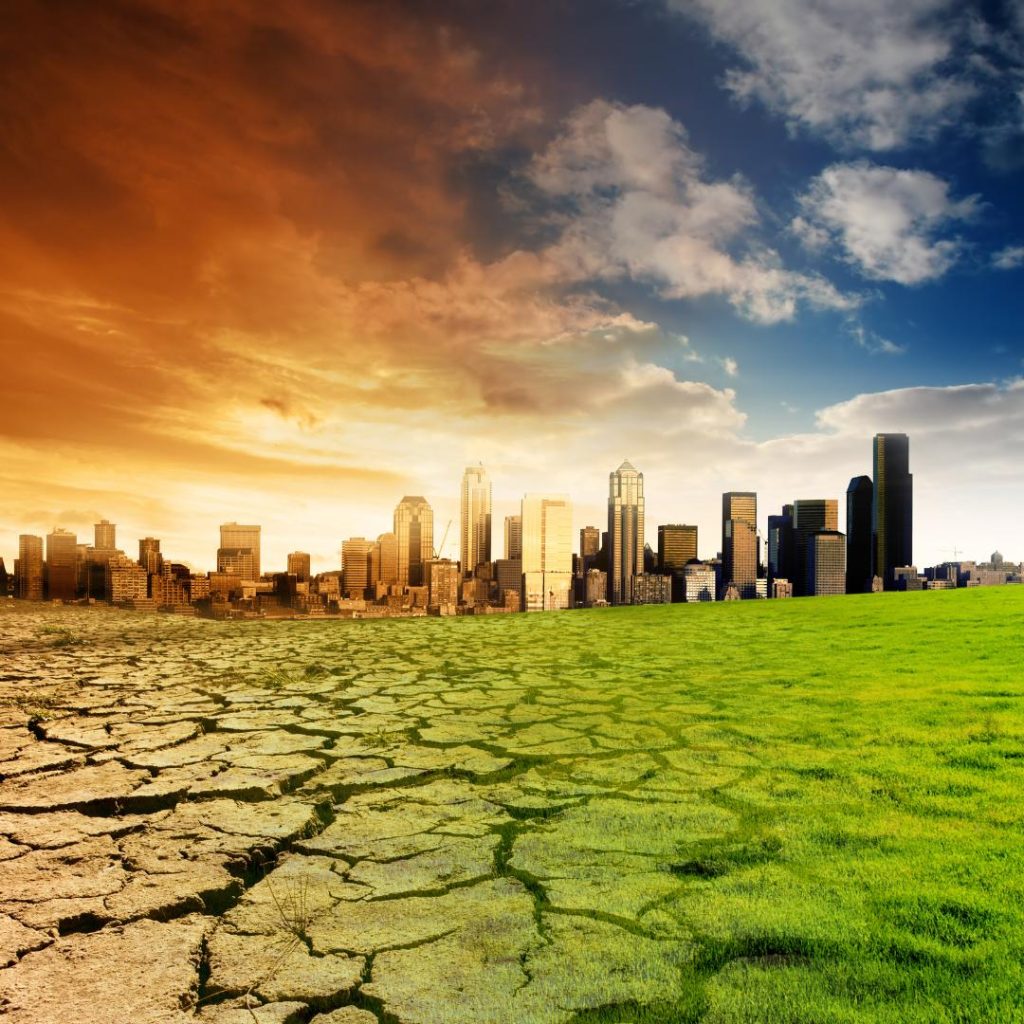What to do with the WMO's drastic climate report?

Following the catastrophic report by the World Meteorological Organization (WMO), the European Commission has responded promptly with a plan to mitigate and deal with the consequences of climate change. The focus is on protecting people and their prosperity in European countries. The plan spans all levels of government, administration, the private sector and society.
Europe is heating up. Assuming thatCO2 emissions fall as agreed (which is questionable according to a new study by the Department of Economics at the Vienna University of Economics and Business), our continent will heat up by three degrees by 2100 if global warming remains limited to 1.5 degrees.
The consequences of the warmest year since records began in 2023 can be measured in figures:
- According to the EU Commission, the damage caused by the 2021 floods in Germany and Belgium amounted to over 40 billion euros
- Fires in Greece resulted in a 15 percent drop in annual agricultural yields
- the consequences of the floods in Slovenia amounted to 16 percent of GDP
These figures could increase in the coming years and decades.
High time for a "wake-up call"
This term is actually used by the Environment Agency and the whole Commission for the call for cooperation between governments and administrative authorities.
This primarily involves collecting and processing data via satellites to provide advance warning in the event of disasters. From 2025, this system will act as a warning system to ensure that we are no longer taken by surprise by disasters. The aim is to build resilience.
Alarming WMO report: Climate change indicators reached record levels in 2023
"Climate resilience"
"Think about risks, clarify responsibilities" is the Commission's motto.
From now on, risks arising from the consequences of climate change are to be increasingly integrated into the planning and maintenance of vulnerable infrastructure. The first point mentioned here is the transport sector, followed by energy - forest fires, flooding and high temperatures have a particular impact here.
"Climate resilience" should therefore become an integral part of relevant EU spending in future and mobilize public and private investment in cooperation with the financial sector.






